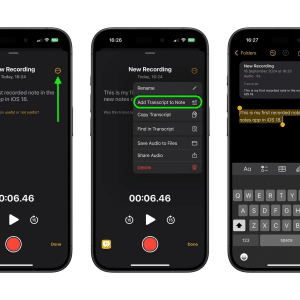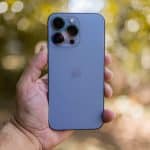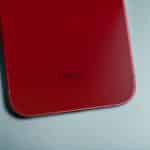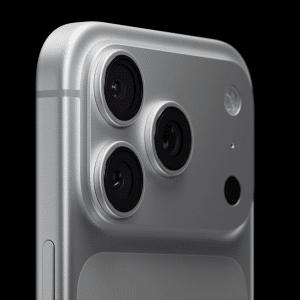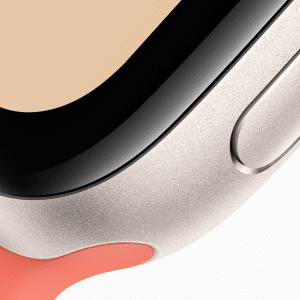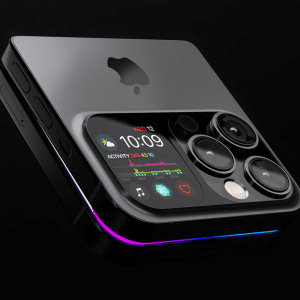According to Apple’s press release, this extensive collaboration with Broadcom involves the creation of 5G radio frequency components, including FBAR filters and innovative wireless connectivity components. These components will be designed and manufactured across several significant American tech and manufacturing hubs, including Broadcom’s primary facility in Fort Collins, Colorado.
This partnership bolsters the employment scenario at Broadcom’s FBAR filter manufacturing facility in Fort Collins, where Apple already helps sustain over 1,100 jobs. The collaboration will enable Broadcom to further invest in crucial automation projects and enhance the skill sets of its technicians and engineers.
This substantial investment stems from Apple’s 2021 commitment to inject $430 billion into the US economy over a span of five years. The tech giant indicates that it is on track to meet this goal through various means, such as direct spending with US suppliers, data center investments, capital expenditures within the country, and other domestic spending.
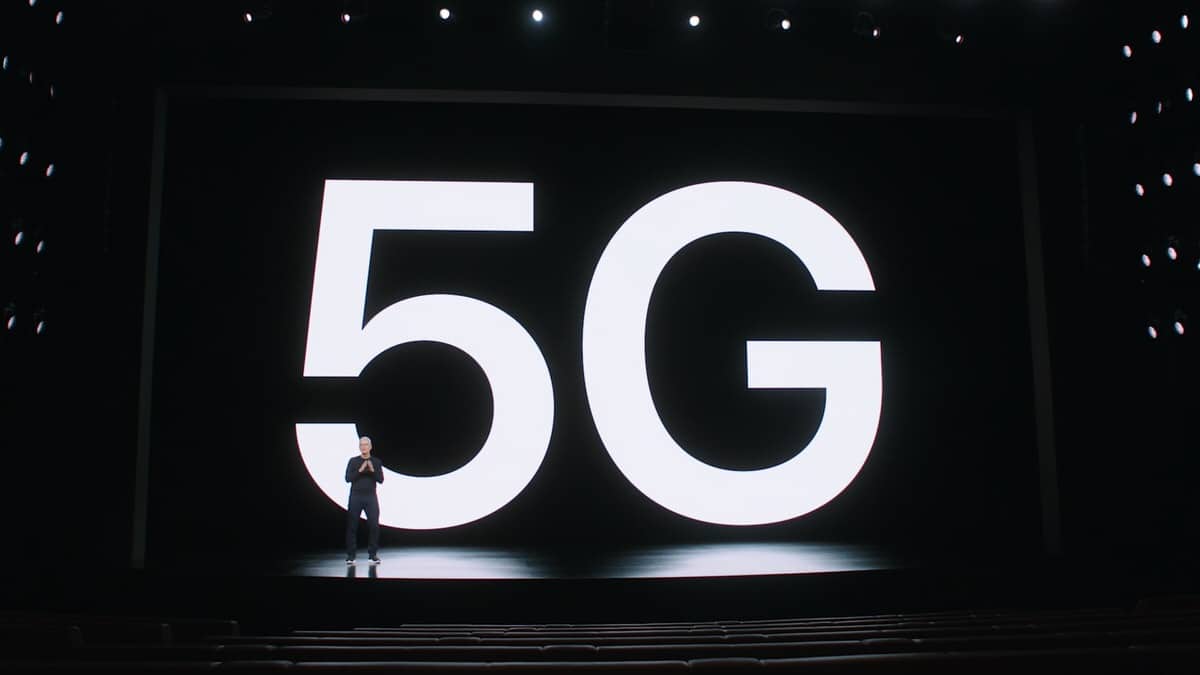
This collaboration with Broadcom arrives as Apple continues to push for in-house development of technology for Bluetooth and Wi-Fi components, a move set to reduce its dependence on component suppliers such as Broadcom. Reports suggest that Apple may launch a combined Wi-Fi and Bluetooth chip as early as 2025.
Apple’s press release read: “Today Apple announced a new multiyear, multibillion-dollar agreement with Broadcom, a leading U.S. technology and advanced manufacturing company. Through this collaboration, Broadcom will develop 5G radio frequency components — including FBAR filters — and cutting-edge wireless connectivity components. The FBAR filters will be designed and built in several key American manufacturing and technology hubs, including Fort Collins, Colorado, where Broadcom has a major facility.”
Simultaneously, Apple is reportedly working on proprietary versions of other iPhone components currently supplied by Broadcom, including radio-frequency chips and wireless charging components.
Interestingly, back in 2019, Apple was rumored to be considering acquiring Broadcom’s radio-frequency (RF) segment of its wireless chip business.
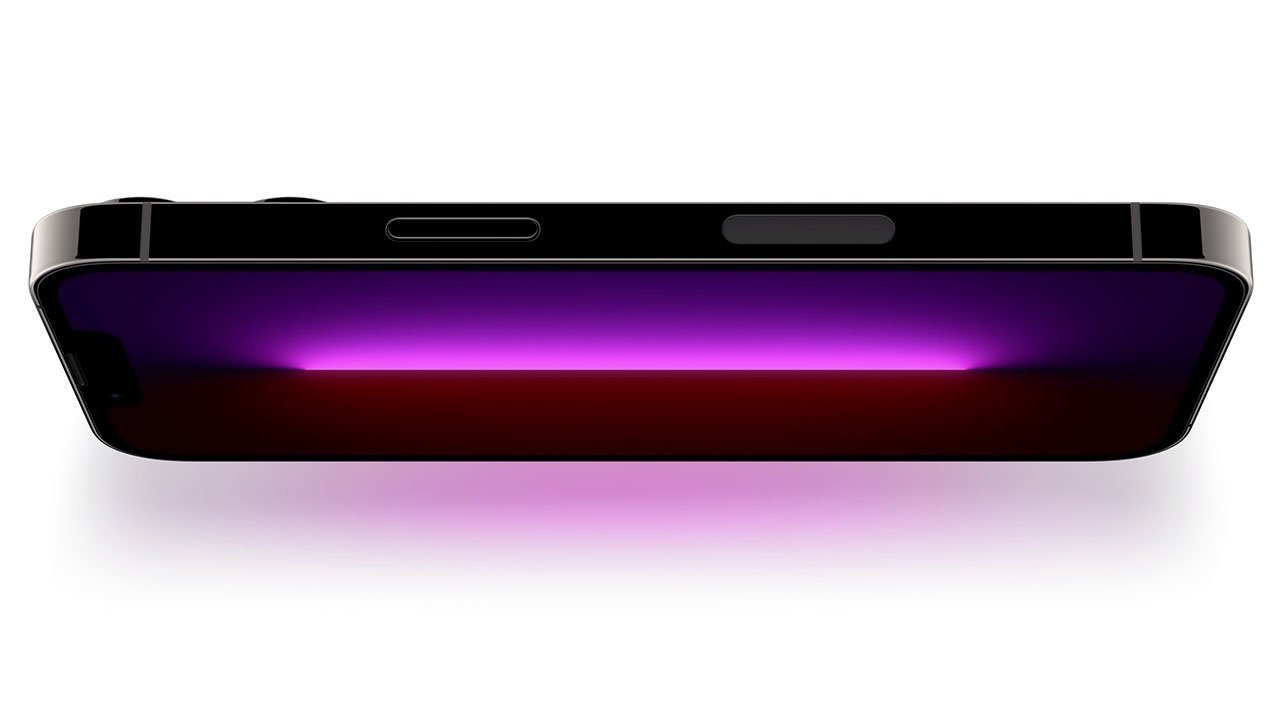
However, these rumors never materialized, and Broadcom ultimately chose to retain the business.


